Last class, Anoop introduced the power of the cloud in the gaming industry. It reminded me an article I read about the early stages of the internet when classic mainframe systems were in use (explanation can be found here: https://goo.gl/pBgp4k). we could argue about the differences and the similarities between cloud computing and mainframe systems, but I hope we could agree that one of the main differences is the physical distance between the main computer and the client. In cloud computing, the distance is infinite. I tried to understand the possible outcomes of cloud computing, and I wondered whether it could influence the way we use computers and our approach to gaming.
Let’s imagine the next scenario: It’s 2025, and gaming through the cloud is now profitable. A Chinese gamer wish to play GTA, but the government prohibits that. In China, it’s impossible to buy the game in stores or online stores (like Steam). Also, just to make sure, the Chinese government criminalized playing GTA and forced the installation of a silent monitor on all the computers which notifies the police if someone install the game illegally.
It is well known that for social media providers as Facebook, many Chinese uses VPN to “jump” to a different country and bypass China’s regulation. But what will happen if a Chinese citizen will utilize cloud computing to play GTA? It opens the possibly that the “wheel” of controlling the activity will go beyond the Chinese government.
It is also known that video game companies forced to “localize” their products by removing scenes, texts and parts of games to fit the local regulation. Is this practice is going to continue? are we advancing towards a stage where the regulation of video game content (or internet content in general) is going to be regulated only by private companies, or not regulated at all, because governments won’t be able to regulate the content, purely based on technical difficulties?
The core issue here, in my opinion, is how governments will regulate a video game content, accessed from a cloud based, for example, in the Seychelles? A proper answer to that question will result in better understanding of the Internet’s future. In a nutshell, given that the packets between the cloud and the user is encrypted, and the ISP is just a tunnel for those packets, it will be very hard to monitor the information (compared to other information, i.e, post on Facebook). In different aspect, but still relevant, it worth noting that the EU released recently new guidelines for hate speech over the internet, that will hold companies to account if they won’t adhere to the guidelines (https://goo.gl/AC89yZ). Will the cloud change the way governments enforce their laws in the internet?
Are we going towards an era, where our computers are just a secured transit station to the internet, unregulatable by governments? I truly believe that the gaming industry and cloud utilization is going to be the ultimate case study for that.
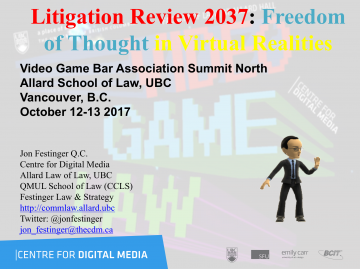

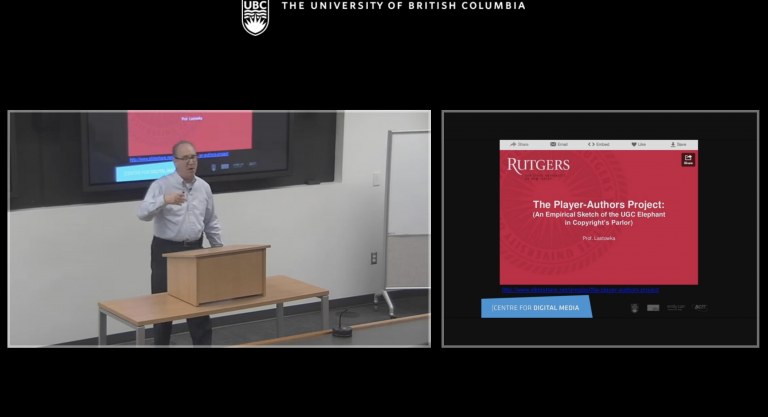
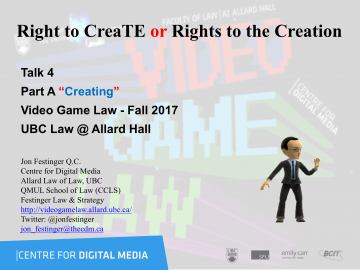
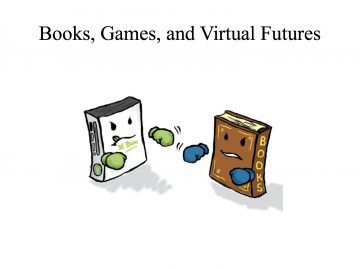
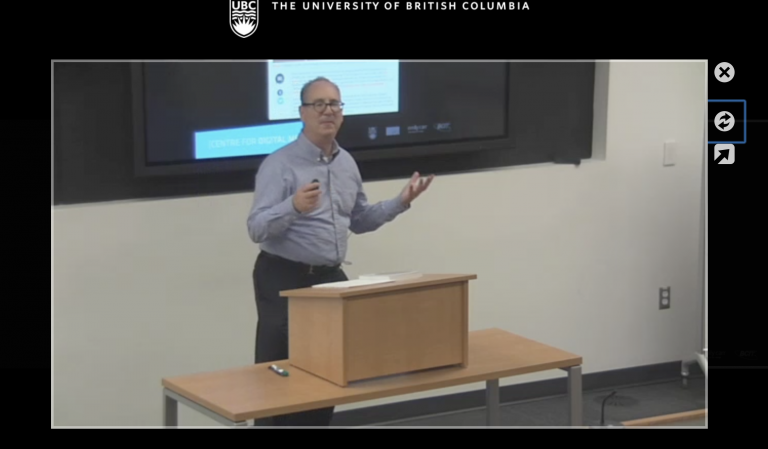
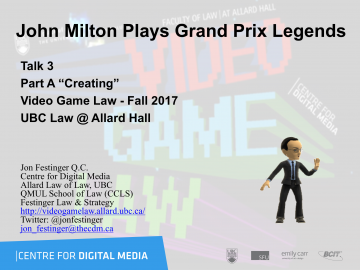
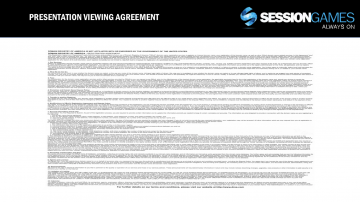
 Communications Law
Communications Law